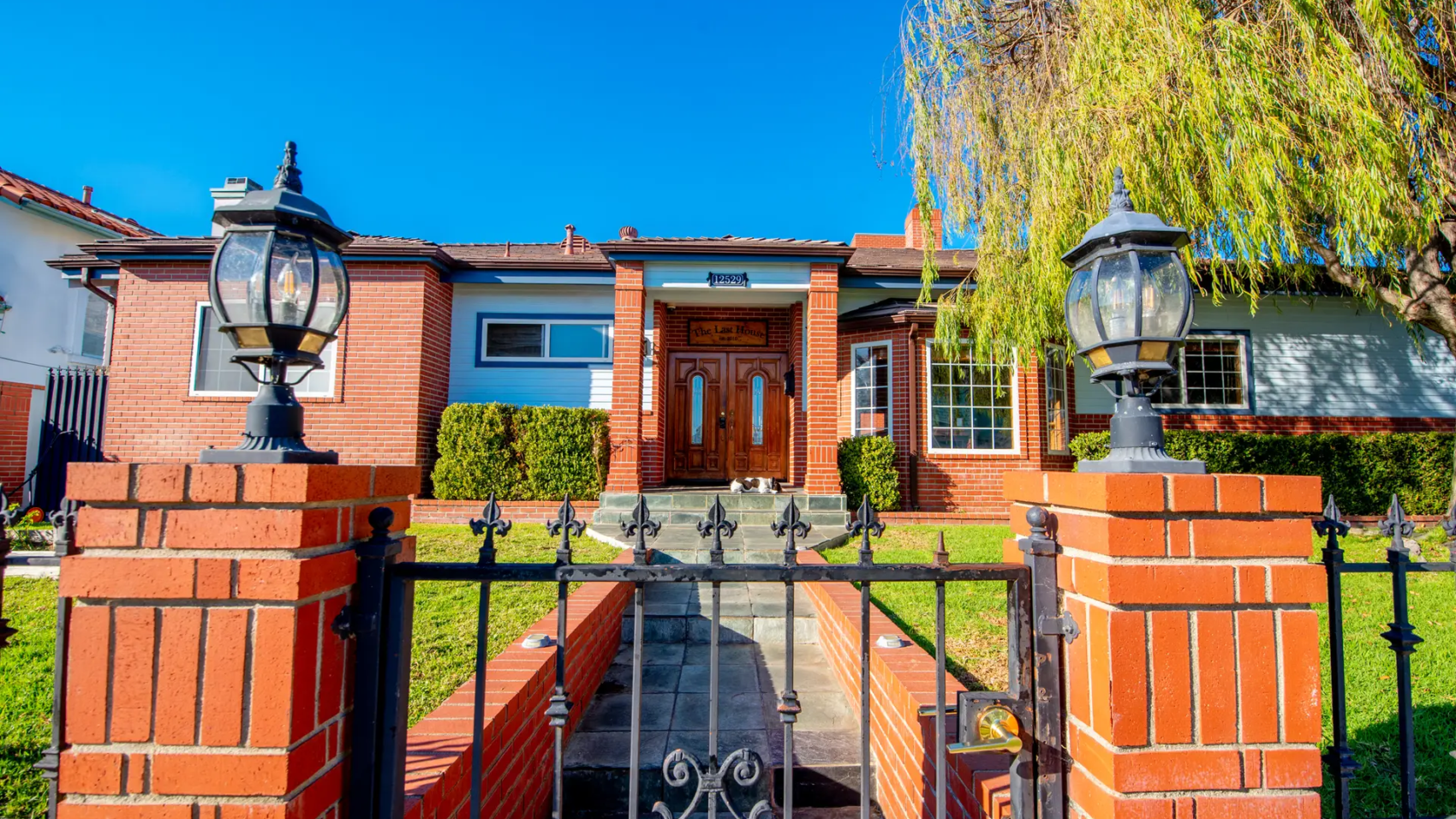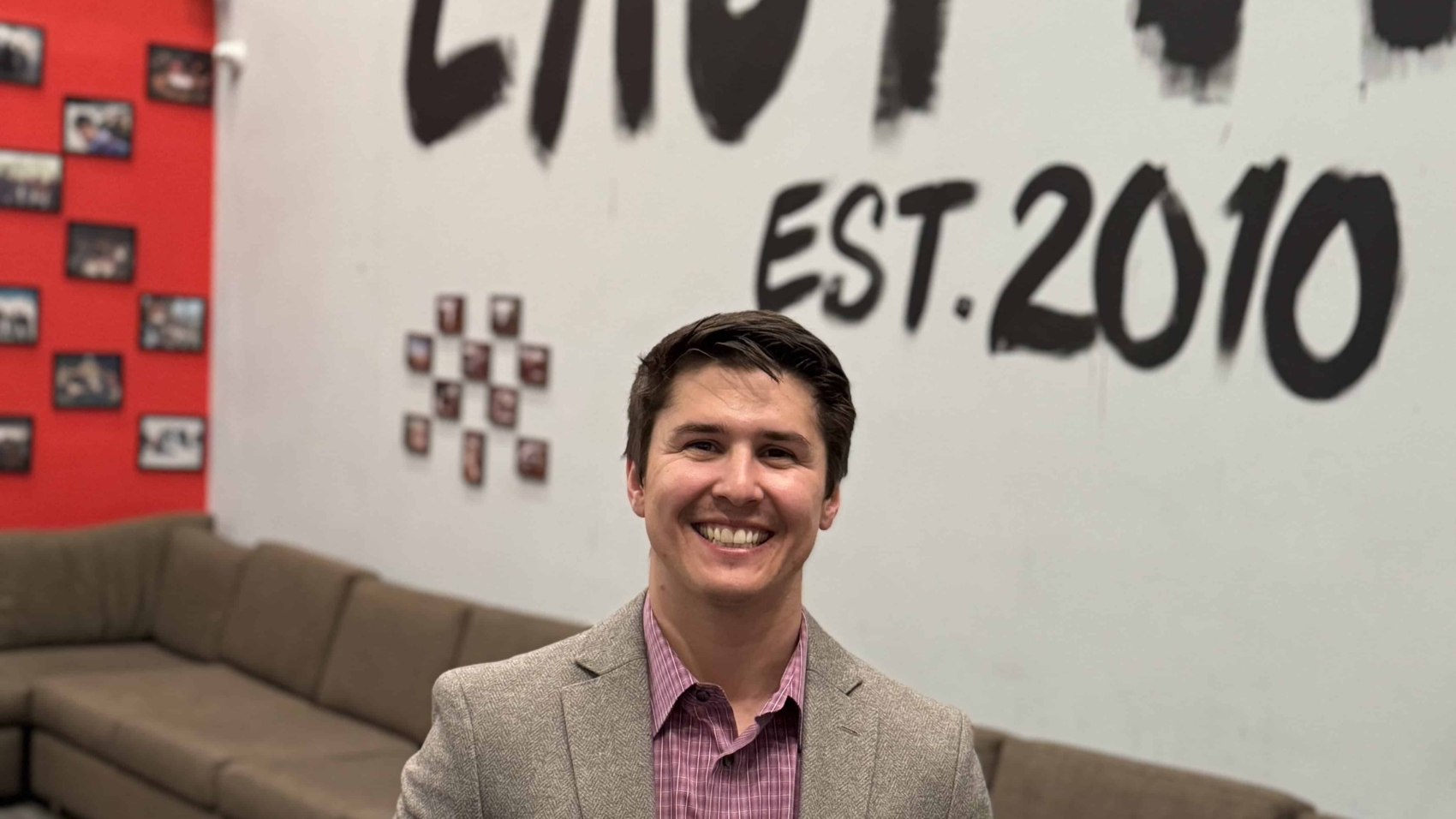
Early recovery is fragile. It is the phase where someone begins to rebuild their life after the chaos of addiction, often while still wrestling with cravings, emotions, and the weight of past mistakes. For young men who are newly sober, a sober living home can be the bridge between treatment and true independence. But not all sober living environments are created equal. So what actually makes a sober living home great?
At The Last House, we believe that five essential elements create the foundation for a transformative sober living experience: accountability, structure, community, routine, and peer support. When these elements are done right, young men do not just stay sober — they begin to thrive.
Accountability
Accountability is one of the most powerful tools in early recovery. When someone has lived for years in denial, chaos, and impulsivity, learning to be responsible for their words and actions is a major shift. A great sober living home creates clear expectations and holds residents accountable to them.
This can include curfews, chore lists, meeting attendance, drug testing, and consistent communication with staff. But true accountability goes deeper. It is not just about following the rules — it is about becoming a man of integrity. At The Last House, residents are encouraged to own their mistakes, clean up their side of the street, and take responsibility for their growth. When a client makes a poor decision, the goal is not to punish them — it is to help them learn. This mindset fosters maturity and trust, and it sets the stage for long-term sobriety.
Structure
Structure is the backbone of a great sober living home. Without it, the risk of falling back into old habits increases dramatically. Chaos is comfortable for someone who is newly sober — after all, that is what they are used to. But recovery requires discipline, and discipline starts with a structured environment.
A structured sober living home provides a clear framework for daily life. This can include mandatory morning routines, curfews, weekly schedules, group meetings, and consistent house expectations. It is not about being controlling. It is about creating a space where healthy habits can develop.
At The Last House, we design structure to mirror real life. Clients wake up early. They go to 12-step meetings. They participate in house responsibilities. Many begin working part-time, attending school, or doing service work. The result is a smooth transition into the real world — one where structure is not a foreign concept, but a familiar foundation.
Community
Addiction is a disease of isolation. Sobriety, on the other hand, is a journey of connection. One of the most important ingredients in any great sober living home is the community that lives within it. Who surrounds you matters. Who you grow with matters.
In a great sober living home, community is not just about sharing a house. It is about building a brotherhood. At The Last House, we foster a community where young men support one another, challenge one another, and hold each other up when things get hard. It is common to see clients going to meetings together, playing sports on the weekends, cooking meals, or just hanging out and talking about life.
This kind of environment creates accountability and belonging at the same time. It helps clients learn to navigate relationships, communicate effectively, and become better friends, brothers, and teammates. More importantly, it helps them realize they are not alone.
Routine
Without routine, most people feel ungrounded. For someone in early recovery, that instability can be dangerous. A great sober living home promotes consistency through routine, helping residents rebuild their lives one day at a time.
Routine does not just mean waking up and making your bed. It means having a predictable rhythm to each day and each week. At The Last House, our routine includes morning meditation, house meetings, therapy or IOP sessions, job search support, nighttime check-ins, and recovery-related goals. Each day has intention. Each task has a purpose.
Over time, these routines become habits. And those habits begin to shape character. Residents start to experience the freedom that comes from consistency. They learn how to show up — not just for others, but for themselves.
Peer Support
One of the most underrated aspects of sober living is the peer-to-peer mentorship that happens naturally when a program is run well. In a great sober living home, new clients look up to the ones who have been there longer. They learn by example. They ask for advice. They watch what it looks like to live with humility, take direction, and grow through struggle.
At The Last House, this kind of peer support is built into the culture. Alumni return to share their experience. Senior house members mentor new clients. It is not a rigid hierarchy — it is a living example of what recovery looks like over time. When a client sees someone who was in their shoes a few months ago now thriving, it gives them hope. And when a client who is doing well is asked to be of service to someone newer, it gives them purpose.
Peer support is not about being perfect. It is about walking the path together. And that makes all the difference.
Leadership and Staff Involvement
Behind every great sober living home is a team of staff members who care deeply about the residents. Leadership sets the tone. If staff are checked out, inconsistent, or disconnected, it creates a culture of apathy. But when staff are engaged, intentional, and connected to the mission, residents thrive.
At The Last House, our staff are not just there to supervise — they are mentors, role models, and guides. They know the names, the stories, and the struggles of each client. They are present in house meetings, at events, and on the sidelines during weekend volleyball games. That kind of leadership cannot be faked. And residents feel it.













